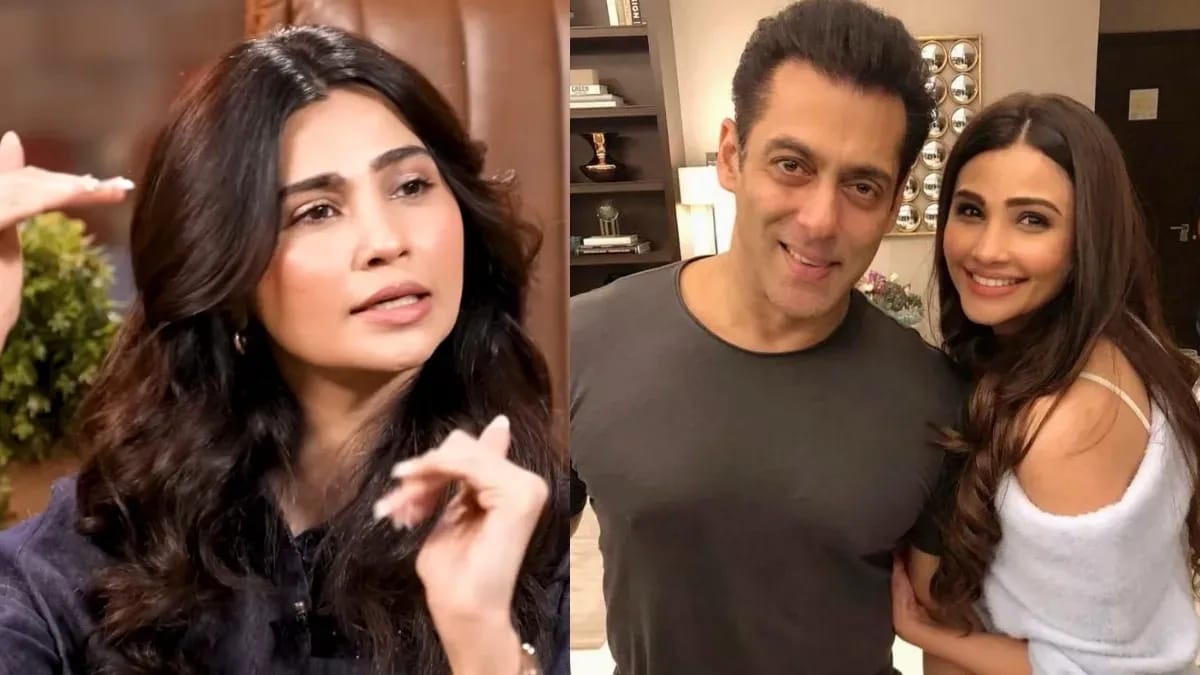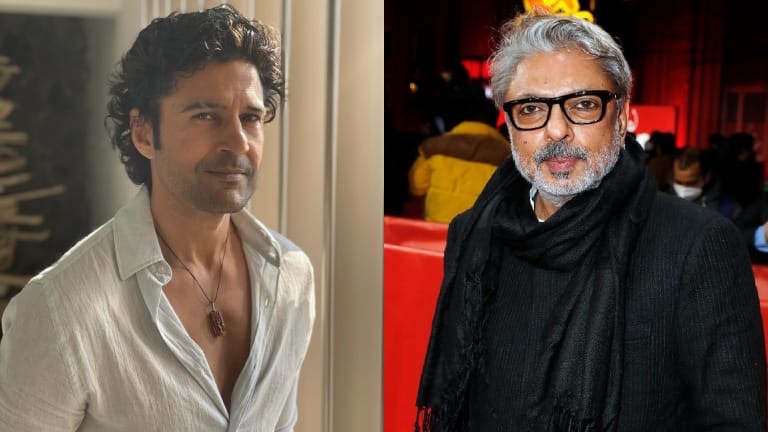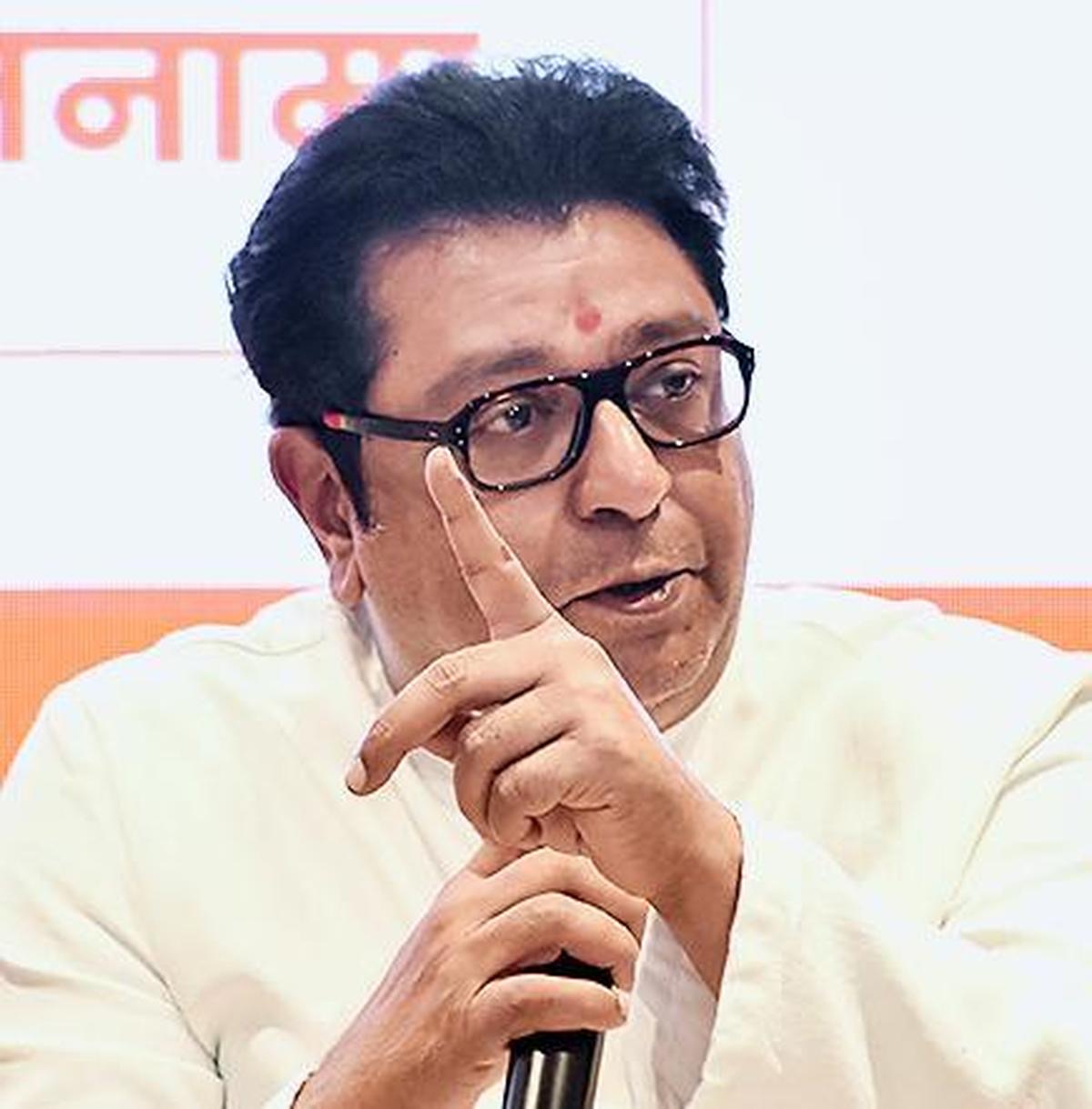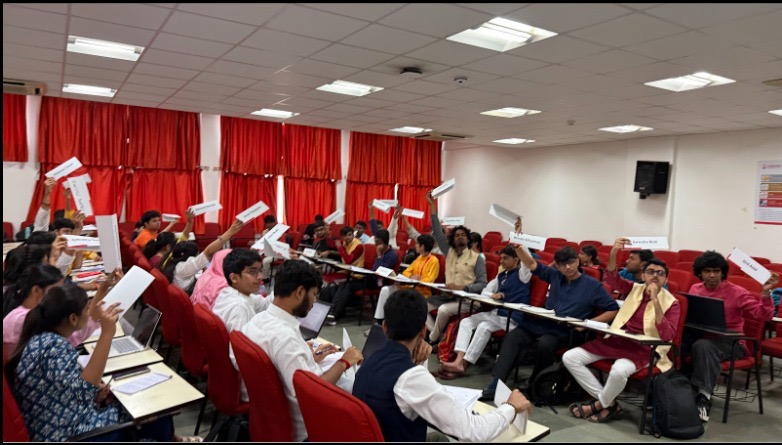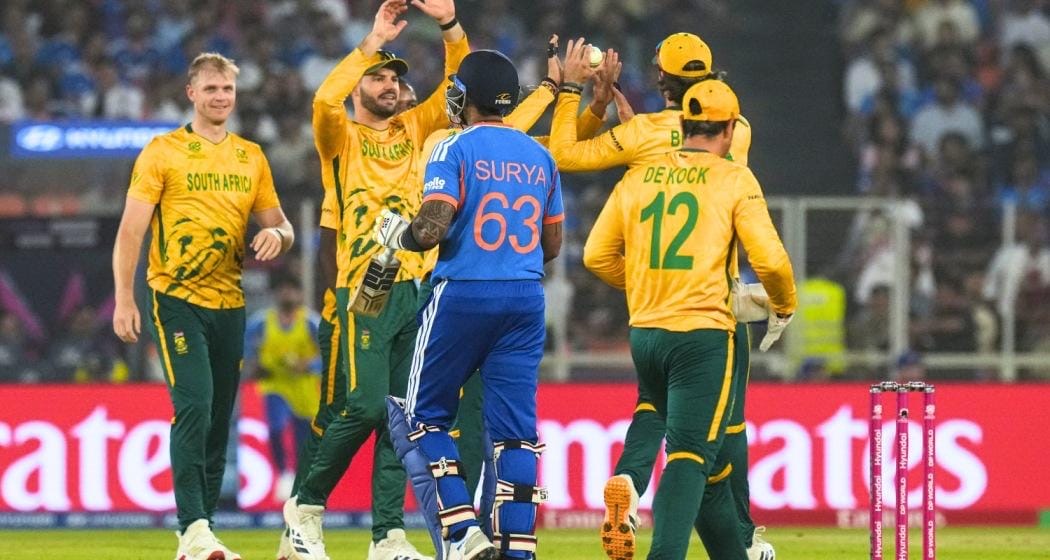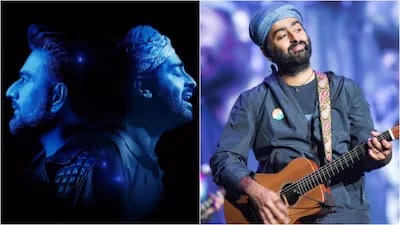Sara Ali Khan’s dialogue delivery Ae Watan Mere Watan
more painful
Sara Ali Khan has delivered painful dialogue with several mismatched expressions in
Ae Watan Mere Watan movie.
If one remembers in the 2020 released film ‘Love Aaj Kal’ directed by Imtiaz Ali, Sara Ali Khan’s dialogue “Tum mujhe tang karne lage ho” made much noise.
Sara essays the role as a freedom fighter in the film
which in all honesty, is a sincere attempt at being a different, nuanced and well-narrated tale of an unsung hero in India’s freedom struggle. Infact, it will not be out of place to mention that Rashmika Mandanna’s dialogue delivery in ‘Animal’ was very poor and now it’s Sara Ali Khan. Both sail in the same boat as far as dialogue delivery is concerned in their respective films.
No doubt Sara does some amazing poetry in pure Hindi and is well-versed with Urdu too. Maybe a few dialect lessons would have saved her, and the audience too.
Ae Watan Mere Watan, as a film doesn’t need any context-setting or flashbacks to give you the premise as it switches from black-and-white frames to sepia tones very swiftly. It transports you straight to the pre-Independence era in early ‘40s, the film puts the spotlight on freedom fighters and the agitated youth out on the streets joining hands for the Quit India Movement.
Ae Watan Mere Watan rides heavily on chants of Jai Hind and Vande Mataram often leading to commotion between the youth and the British police force.
Highlighting India’s struggle for freedom in 1942, the film traces the life of Usha Mehta (Sara), a young girl who braves all odds to make her hatred for the British authorities heard.
It’s after the arrest of prominent freedom fighters that Usha, along with her trusted allies, Fahad (Spash Srivastava) and Kaushik (Abhay Verma), takes matter in her hands. The film showcases their journey of starting an underground radio station called Congress Radio with the sole aim of spreading the message of unity against the British rule.
After Mahatma Gandhi’s ideologies of non-violence, the motto they follow is ‘Karo Ya Maro’ (Do or die), and some of them even take an oath of celibacy.
In the midst of the journey, their encounter with Ram Manohar Lohia (Emraan Hashmi) gives a new direction to their revolution, and then begins an exhilarating chase with the British authorities.
Loosely based on the life of this unsung hero, the biographical film serves as a chapter out of a history textbook. However, as the story unfolds, a bit of predictability sets in sooner that you’d imagine. Kannan Iyer returns to direction after over a decade since his directorial debut Ek Thi Daayan, and what a stark contrast of genres he picked to go behind the camera for. In his latest outing, he tries to keep the old-world charm intact, which is evident in the architecture of the buildings, narrow lanes, costumes as well as the dialect.
Sara, from donning an overtly glammed-up avatar in her Netflix India film Murder Mubarak that dropped last week, is seen in a totally de-glam role in Ae Watan Mere Watan. Though, it’s interesting to note how her wardrobe shifts from cotton suits and neatly-draped dupattas to cotton sarees with puffed-sleeve blouses. She seems to have put her might into this restrained performance, but having seen Sara’s personality, this looked a bit of a miscast. She never convinces you as Usha or someone who will be so subtle in her actions. However, there’s this one particular scene where she enters a mosque hiding behind a burqa, and that’s quite well-performed.
Emraan, on the other hand, stands out as Lohia and brings a gravitas with his act. There are some heavyweight lines he gets to say, for instance, “Chahe kitni bhi teeliyan bujh jayein, hamare seene ki aag kabhi nahi bujhegi” (No matter how many matchsticks get doused, the fire in our hearts will always remain).
Among other bits that are worth taking notice include Usha’s dynamics with her father, Judge Hariprasad Mehta (Sachin Khedekar). Be it their scenes from her childhood when she’s watching Serbian birds flying in the sky and wanting to have wings, to the times when she’s a grown up and confesses to her father that she’s working for the Congress, these well-written portions will move you.
The fact that Ae Mere Watan is set in the pre-Independence era, you can’t overlook the unapologetic usage of Hindi terminology that’s sprinkled throughout the story.
So, don’t be surprised upon hearing words like avaam, azaadi, kaayar, angrez, mazhab, zaalim, yudh, balidaan, garv, kranti, vidroh, shaheed, ahinsa, parcham, sangharsh and samrajya every two minutes. Yes, I tried to take note of as many as I could and they’re long additions to your vocabulary.
Ae Watan Mere Watan might have some complicated tropes, which are tough to grasp if you aren’t paying proper attention, but you have to give it to the team for at least trying to simplify it. For instance, when Bombay Police is tracing Congress Radio and its location, the use of Triangulation technology is so well explained in-depth. All I wish for is that similar attention would’ve been given to Sara’s dialogue delivery techniques, so it would have been a more bearable watch of over two hours.
Ae Watan Mere Watan is now streaming on Prime Video India
News Edit K.V.Raman .


